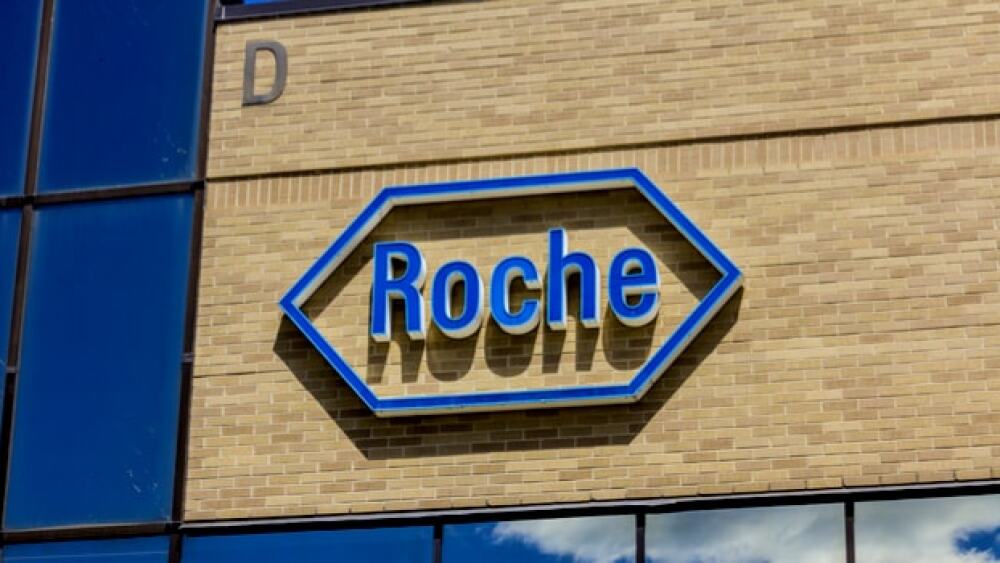Not only will a company use a significant amount of capital to make the acquisition, but there are longer-term issues, such as the merging of two company cultures, Franz said in an interview with CNBC.
Christoph Franz, chairman of the Switzerland-based pharma giant Roche, said he is “extremely cautious” when it comes to any kind of mega-merger.
The bringing together of two large companies in M&A, such as the recently announced $74 billion acquisition of Celgene by Bristol-Myers Squibb, or last year’s mega-deal between Takeda and Shire, requires careful planning, Franz said in an interview with CNBC. Not only will a company use a significant amount of capital to make the acquisition, but there are longer-term issues, such as the merging of two company cultures, he said.
“…it’s creating a new entity, performing entity, which is deviating you, maybe some of your core activities, like, for example, research and development, and that’s the reason why we are focusing on targeted ideas, outside our company, and then create partnerships, in some cases also do some M&A activities, but this is small/medium size,” Franz said, according to a CNBC transcript.
The subject of mega-mergers was broached during the interview after the CNBC reporter Steve Sedgwick asked about the use of capital in the pharma sector and whether or not some companies flex their M&A muscle in order to scale up and not become the target of a takeover.
Franz did acknowledge that smaller companies do have to maintain that idea of being acquired in the back of their mind. But, for a company the size of Roche, he again pointed to caution. For Roche to pull the trigger, he said it would have to depend on a specific need. At this point, Franz said the company is “benefitting from one of the best innovative pipelines” and has new medicines coming up for potential approval or moving into the clinic, so as of now, there is “no need to focus on acquisitions to create size.”
In addition to his affirmation of caution for M&A activity, Franz also addressed some issues regarding Brexit. As Britain grapples with its exit from the European Union, Roche shifted its drug safety operation out of the U.K. to Germany. Despite that move, Franz said that for Britain, Roche will continue to ensure that its medications are made available to the patients of that country in “an uninterrupted flow.”
“… this is exactly what our logistics people are focusing on, and that is our major priority,” he said.
Franz noted that in Britain, Roche has built up enough stock of its medications, which will benefit that country as there is still no firm deal for Brexit.





